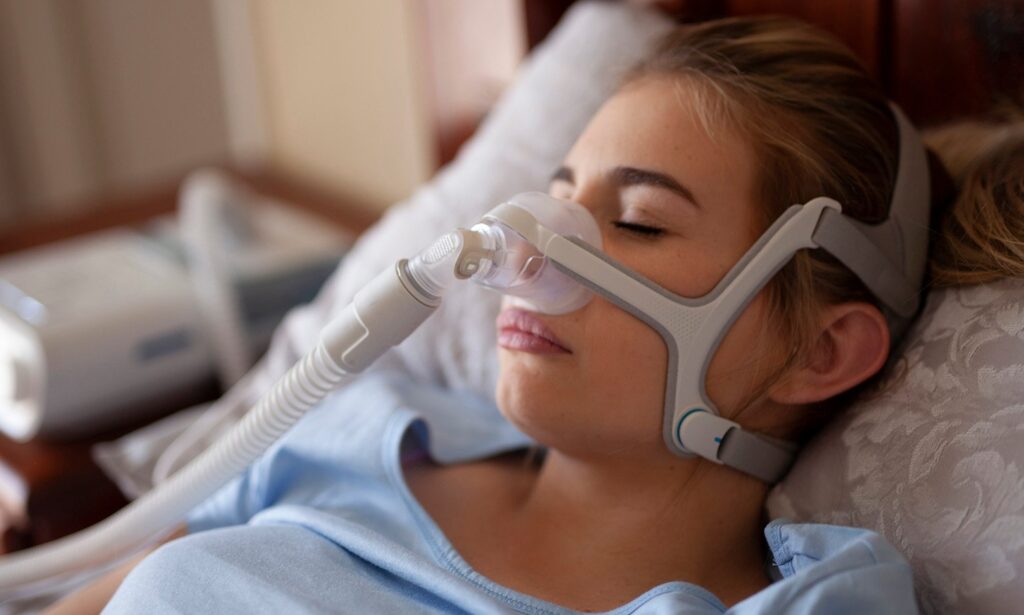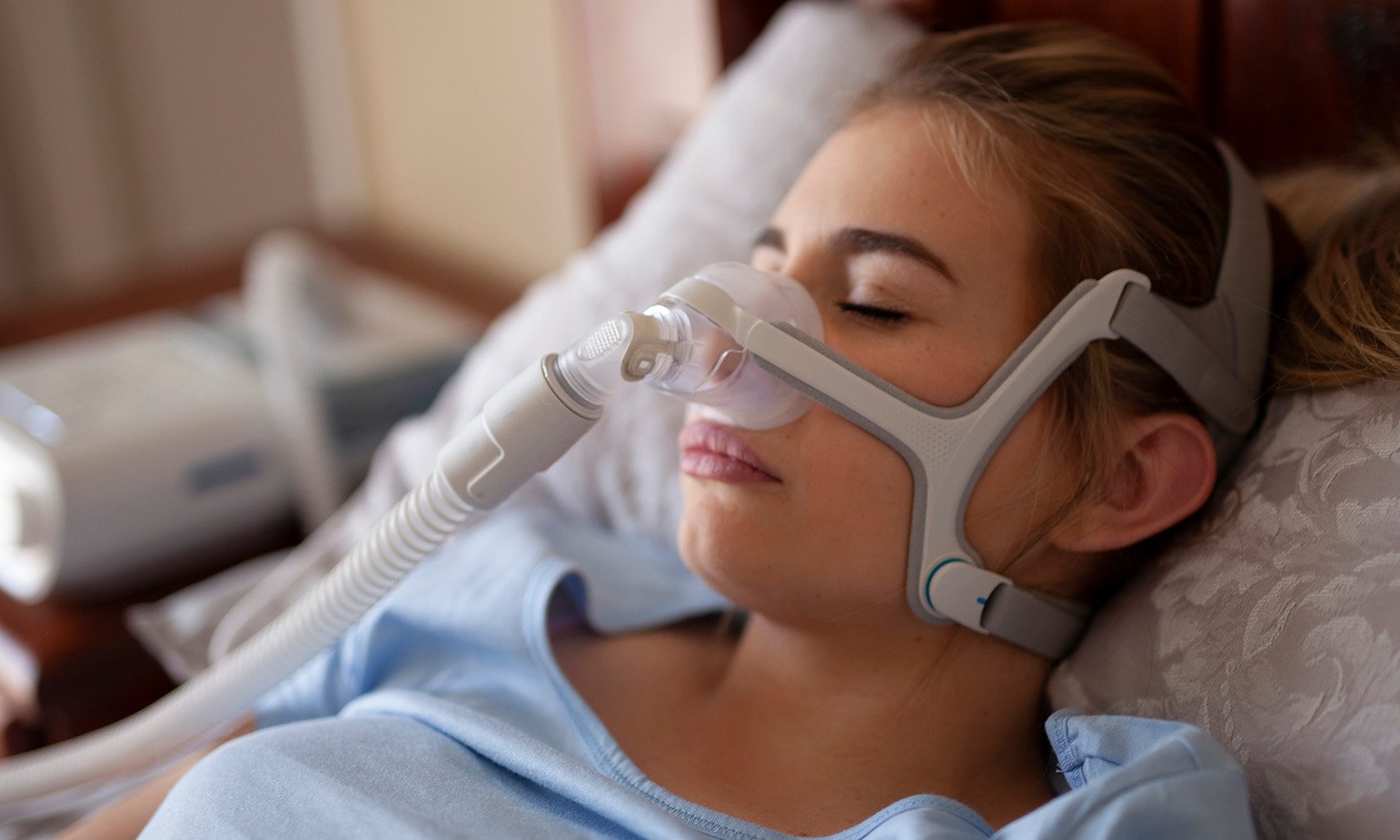
More than 35% of the world’s population deals with some sort of sleep disorder. Sleep disorders have the ability to influence every aspect of your life such as your occupational, social, and personal realms. Things such as your gender, genetics, environment, medical conditions, physical state, and medications increase or decrease your risk of developing sleep disorders.
Most sleep disorders are diagnosed through self-report measures or a polysomnogram. A polysomnogram is a test that records your physical activities and electronically transmits them while you sleep. Medicines are helpful for dealing with sleep disorders but are addictive and should be taken as a last resort under the supervision of your doctor. The second most common sleeping disorder in the world is obstructive sleep apnea. This is a condition that stops your breath for short periods of time during your sleep.
Sleep apnea can sound like snoring, which is why it goes undetected in so many people. This can cause sleep disturbances, insomnia, poor immune function, memory loss, and even an increased risk of heart failure. The block in your airway can be quite serious. We have curated a list of remedies and some modified habits that can help keep your sleep apnea controlled.
Weight loss
A lot of disorders require some behavioral and lifestyle modifications so that people can live a good and optimal life. Just like this, sleep apnea also requires a few changes on the patient’s part. Healthy body weight should be worked towards by people who suffer from sleep apnea. Most doctors recommend losing weight in order to control the symptoms of sleep apnea.
Obesity in the upper body can result in an increase in the risk of obstructed airways and narrow nasal passages. Healthy body weight can help keep your airways clear. A study conducted in 2016 showed how weight loss in obese people can eliminate the need for long-term CPAP and upper airway surgery.
Weight loss can even eliminate sleep apnea in a few patients. Symptoms of OSH such as daytime sleepiness can also be reduced. Obesity leads to excessive fatty deposits in the tongue and neck which can restrict your airflow. Besides this, losing weight can lower the risk of high blood pressure, cardiovascular problems, type 2 diabetes, and even insulin resistance.
Try practicing yoga
Yoga is quite a beneficial addition to sleep apnea treatments. Daily practice is an excellent way of getting in some exercise daily along with managing stress and improving your sleep. Yoga has the ability to boost focus, concentration, energy levels, heart strength, and even respiratory strength. There is a lot of decreased oxygen flow in your blood when you suffer from sleep apnea. Blood oxygen levels can be greatly improved with various breathing exercises and techniques. There are a number of positions that can help improve your symptoms. Some of them are; cat-cow, seated forward bend, seated twist, and some breathing exercises.
Use CPAP devices
If your sleep apnea is quite severe, it is recommended by most doctors to use a continuous positive airway pressure machine (CPAP). It has a motor that generates a stream of forced air that passes through a filter into a flexible tube. This delivers oxygen into a mask that is around the patient’s mouth or nose. You can use a full face mask that secures around both the nose and mouth. This helps you sleep throughout the night, lowers your risk of stroke, heart attack, and other heart-related conditions, lowers blood pressure, and may reduce daytime sleepiness.
Use a humidifier
More often than not, dry air can be problematic for people who deal with sleep apnea. Dry air is known to irritate the respiratory system and the body. A humidifier has the ability to decrease congestion, encourage clearer breathing, and can open your airways. You can always use some essential oils such as eucalyptus, lavender, and peppermint in a humidifier to get some benefits from aromatherapy. Be sure to keep your humidifier clean since this is what you breathe in. It can harbor bacteria and molds and can be dangerous if not maintained well.
Avoid smoking and alcohol
There are a lot of lifestyle changes one needs to make in order to improve their sleeping habits and their health. If you suffer from severe sleep apnea, be sure to consider limiting your alcohol intake and quitting smoking. Both of these can increase the risk of complications caused by sleep apnea.
Alcohol can relax the muscles of the throat that help control your breathing pattern. Excessive alcohol can lead to interrupted sleep cycles and snoring. The relaxation caused by alcohol leads to airflow blockage and inflammation in your airways. Tobacco also swells up your airways and obstructs them. This can actually worsen the symptoms of sleep apnea. A study conducted in 2012 showed that smoking is a risk factor for the development of sleep apnea.
Change your sleeping position
A small change in your sleeping position can improve your sleep quality tremendously. A study conducted in 2010 showed that most sleep apnea cases are related to the patient’s sleeping position. Sleeping on your back can actually worsen your symptoms. If you sleep on the side, your breathing might return to normal. Body positioning is an important factor to discuss with your doctor.
Use oral appliances
Repositioning your jaw can actually help improve the symptoms of your sleep apnea. Oral appliances can do just this and can aid in repositioning your tongue as well while you sleep. The two major appliances used are tongue stabilizing devices and mandibular advancing devices.
These either move your tongue or lower jaw forward in order to decrease your throat obstruction. You can get some of these over the counter, while some options are custom-fit by a dentist. The American Academy of Dental Sleep Medicine advocates this therapy for sleep apnea, especially for those who can not use a CPAP device.
Sleep apnea is quite an interfering disease. Certain lifestyle changes and modifications can help reduce your symptoms a lot.
